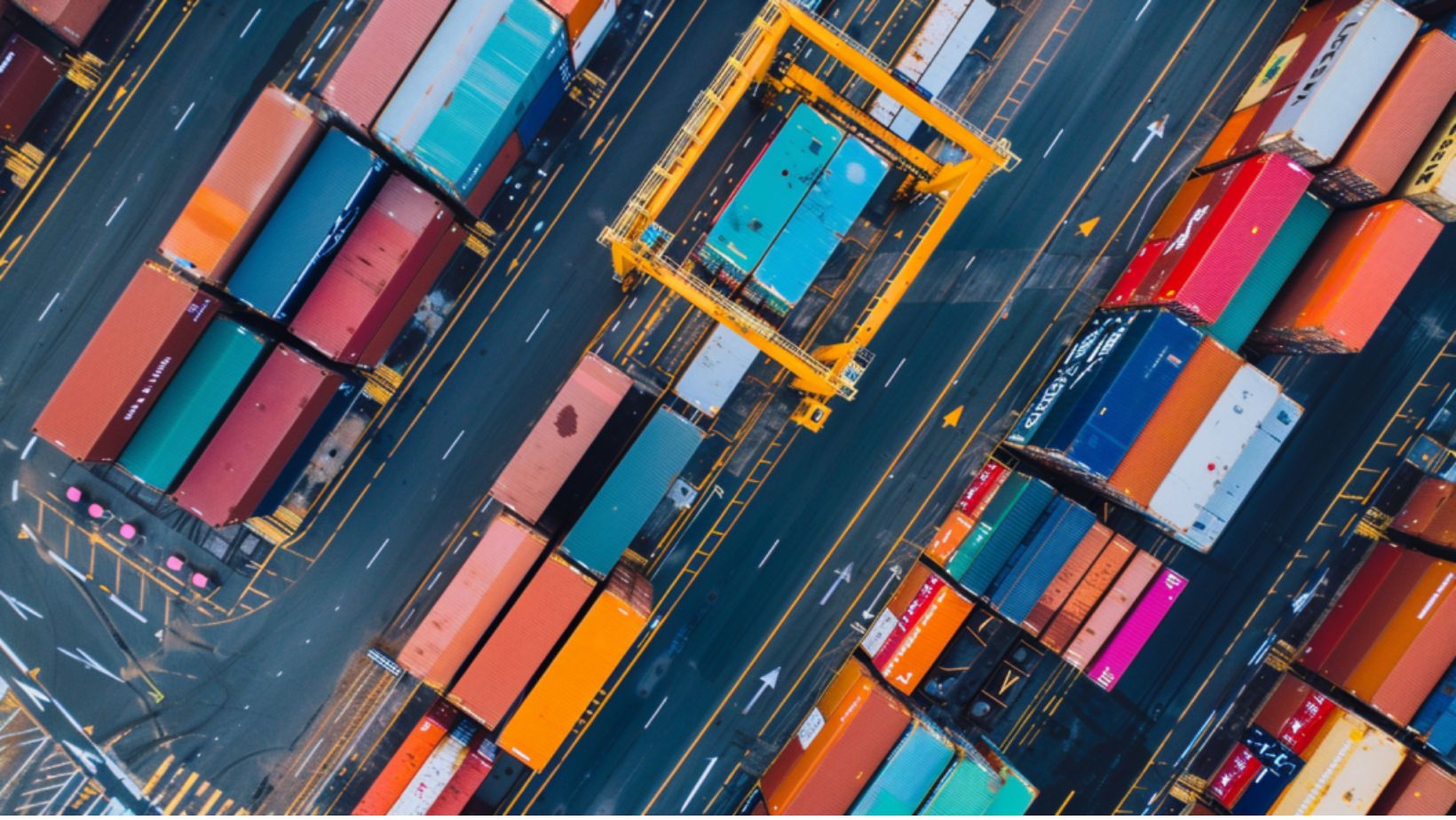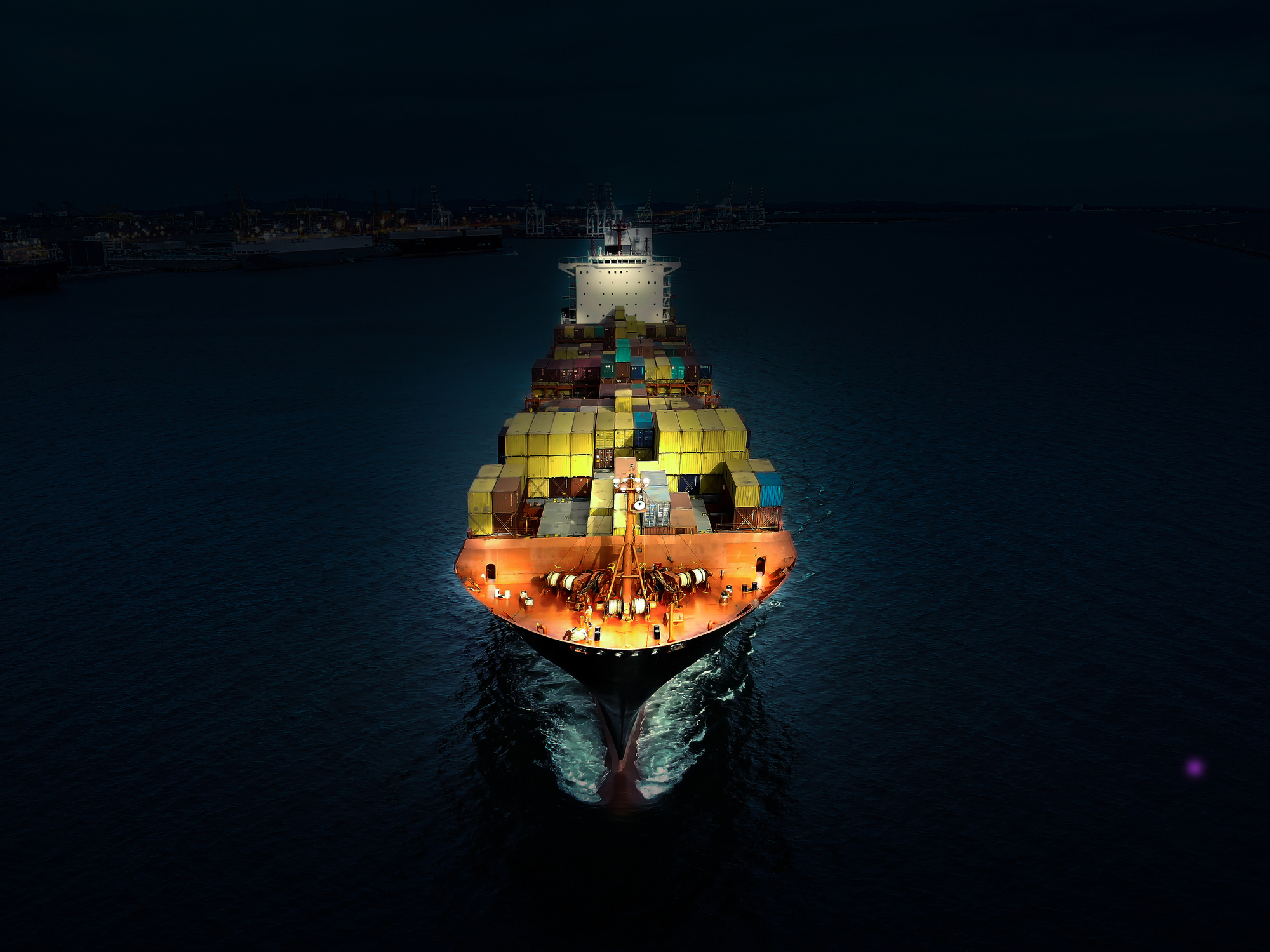West Coast Ports Affected by Labor Relations, Port Congestion, and Rail Concerns
The ILWU contract negotiations for the west coast ports continue into August as the ILWU and PMA have vowed to keep cargo moving without a contract in place. While there have been no work stoppages as a result of the ILWU contract negotiations, the performance of the west coast ports have slowed down due to the volume of cargo transiting the ports, trucker shortages, and rail congestion which has created a bottleneck in moving cargo in and out of the ports.
The increased cargo volume can be attributed to U.S. importers scheduling shipments ahead of the ILWU contract negotiations, while some re-routed their shipments to Canadian ports to avoid longer transit times and additional costs. According to CMA, “Vancouver has recently begun to allocate import volumes to carriers – actually pushing cargo away – forcing diversions into Seattle or Rupert”, due to the influx of traffic at the Canadian ports. Some Canadian ports have said that they will stop accepting U.S.-bound rail cargo as a result of poor service from the railways, causing port congestion.
The port congestion at the west coast ports has been exasperated by the trucker shortage, increasing the costs and transit time for U.S. shippers and importers. The rail service and trucking trends could have negative effects on agriculture exports as harvest time nears. U.S. agriculture exports account for a large source of income for many regions in the United States.






Follow Us